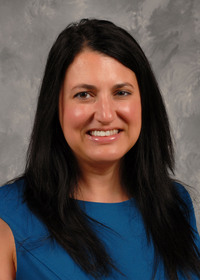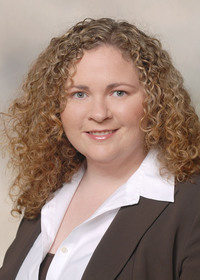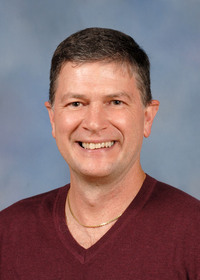Information Possibly Outdated
The information presented on this page was originally released on December 9, 2010. It may not be outdated, but please search our site for more current information. If you plan to quote or reference this information in a publication, please check with the Extension specialist or author before proceeding.
Program assists high poverty and oil spill-affected areas
By Alicia Barnes
Southern Rural Development Center
MISSISSIPPI STATE – A national economic development program coordinated by the Southern Rural Development Center has received $1.7 million to expand an initiative to help high poverty and oil spill-affected communities.
Launched in 2010 as a pilot study in eight states, Stronger Economies Together, or SET, encourages communities to look beyond city and state borders to capitalize on shared assets and strengthen regional economies.
“In the past, communities have competed with one another to attract new industries and businesses but it’s becoming increasingly clear that the economic vitality of many rural communities will rest on their capacity to work collaboratively to uncover and build on their regional economic advantages,” said Bo Beaulieu, director of the Southern Rural Development Center at Mississippi State University. “SET is designed to provide a roadmap to communities for developing and implementing viable regional economic development strategies.”
SET trains, community leaders in the basics of building a regional team, uncovering assets, overcoming barriers and launching a successful plan.
Regional leaders receive 20 or more hours of training from Extension Service and the U.S. Department of Agriculture’s Rural Development staff on how to become a successful economic region. The plan includes looking at the economic data, determining where assets exist, and deciding where to focus energy and resources.
“The goal is that these regions will develop stronger economies with well-paying jobs available,” said Suzette Agans with USDA’s Rural Development Office of Community and Economic Development.
The recently funded expansion will launch in 2011. The program plans to work with the counties and parishes most directly impacted by the Deepwater Horizon oil spill.
“We want to introduce these communities to a new approach for building a strong economy for the future, one that builds on the region’s economic strengths,” Beaulieu said. “Other counties being targeted are ones that have faced significant socioeconomic challenges, such as high levels of poverty and job losses.”
To qualify for an SET initiative, a region must be at least 50 percent rural. By 2011, SET should be active in 42 multi-county regions across the United States.
SET was originally formed as a joint partnership between USDA’s Rural Development and the Regional Rural Development Centers of the National Institute of Food and Agriculture. It launched with $350,000 in federal funding in 22 multi-county regions in Arizona, Kentucky, Louisiana, Missouri, New Mexico, Ohio, Pennsylvania and West Virginia.
By modifying the Economic Development Administration’s “Know Your Region” training program, the SRDC has developed new training and evaluation tools to help counties recognize the value of multiple counties working together to maintain and expand jobs across the region.
“We are urging regional teams reflect the counties that make up their region,” Beaulieu said. “We want broad-based teams that represent all key sectors of the region – business, government, education, nonprofit, religious – as well as various subpopulations, such as the elderly, racial and ethnic minorities, youth and low-income individuals.”
As enthusiasm builds in the original 22 pilot communities, SET program leaders expect its impacts to extend well beyond the participating regions.







